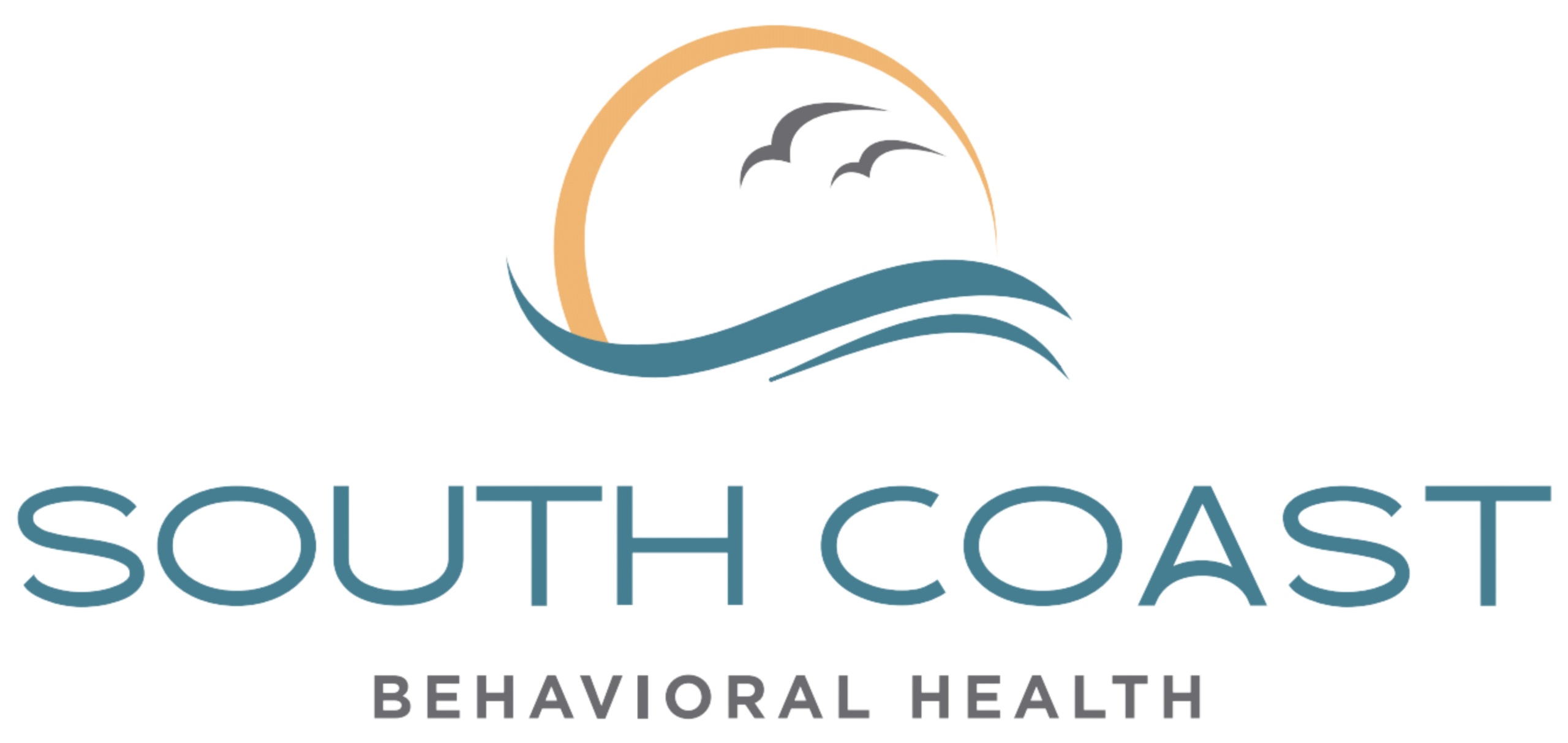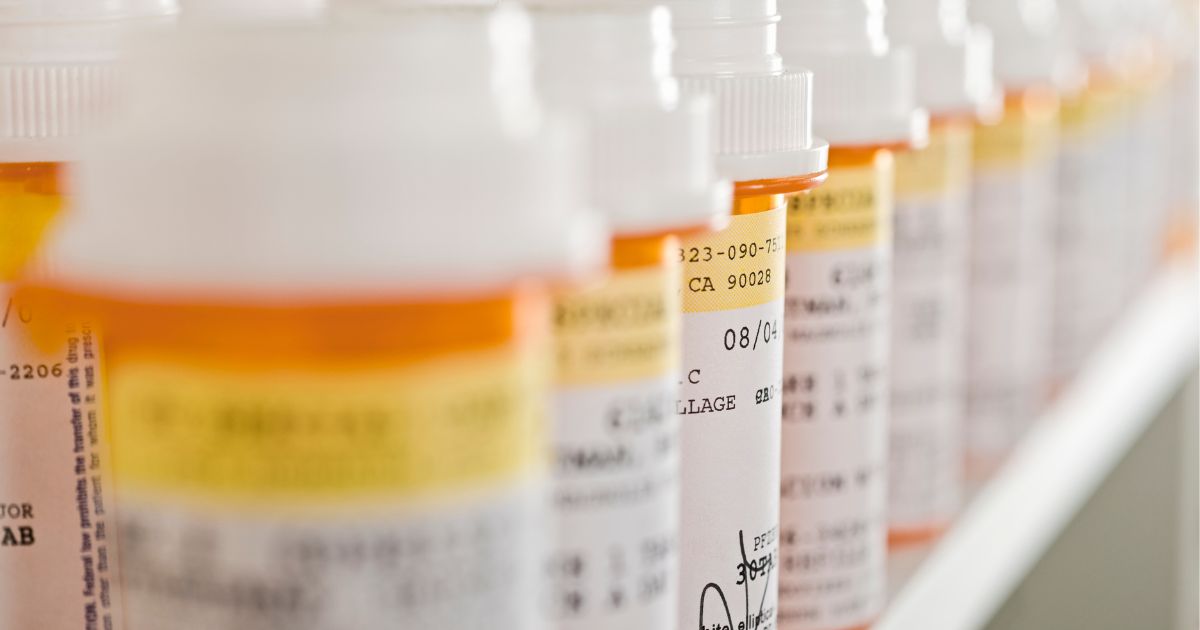Recovering from a substance use disorder is as much a psychological process as it is physical. Those in recovery often find themselves battling within their own minds with negative thought patterns. Feelings of worthlessness eat away at one’s self-esteem. Often, negative thoughts can fuel crippling anxiety and depression, driving many people back to drugs.
People who have dark, intrusive thoughts find that their negative outlook on life is often at the root of their addictive behaviors. Without overcoming negative thoughts, many of those in recovery end up relapsing and returning to their old habits.
The key to successful and lasting recovery is learning how to control your thoughts – how to stop negative self-talk and challenge negative thoughts when they come up, rather than uncritically accepting them. Thankfully, with the right approach and support system in place, it is possible to overcome negative thinking and achieve successful addiction recovery.
What Is PCP?
PCP stands for phencyclidine, a hallucinogenic drug that was initially developed as an anesthetic in the 1950s. Due to the high incidence of postoperative delirium in patients, it’s no longer used for any medical purposes in the United States. Instead, it’s now largely used as a recreational drug.
On the street, PCP goes by several names, primarily Angel Dust or “Sherm” (short for Sherman). As one of its nicknames implies, PCP is commonly available as a powder. However, it can also take the form of a liquid, crystal, tablet, or capsule. It’s usually smoked, snorted, or consumed orally, and is often combined with other drugs such as marijuana.
Almost 2.5% of those aged 12 and older have reported taking PCP at some point in their lives. Due to its dangerous effects and addictive nature, it’s classified as a Schedule II substance under the Controlled Substances Act, alongside methamphetamine and cocaine.
What Are the Effects of PCP?
PCP is known for its unpredictable and potentially dangerous effects, which can vary widely based on dosage, individual sensitivity, and the context in which it is used.
PCP effects can be broken down into two categories: physical and mental.
In this article, we’ll go over negative thinking patterns, examples of negative thoughts, and how to stop spiraling into negative thinking.
Physical effects of PCP include:
- Increased heart rate and blood pressure
- Muscle rigidity
- Seizures
- Reduced or eliminated sensitivity to pain
- Involuntary eye movements
- Reduced coordination and balance, resulting in unsteady gait or stumbling.
Psychological effects of PCP include:
- Visual, auditory, or tactile hallucinations
- Dissociation: Like ketamine, PCP can cause feelings of detachment from oneself and one’s environment, as well as a sense of disconnection between thoughts, emotions, and actions.
- Altered perceptions of time and space
- Euphoria
- Paranoia and anxiety
There are also long-term effects to abusing PCP.
Repeated abuse of the drug can lead to changes in brain structure, with memory and concentration issues as a result, as well as difficulty with abstract reasoning.
Chronic PCP abuse has also been linked to an increased risk of developing depression, anxiety, and other mood disorders. In some cases, people with a long history of PCP abuse have reported recurring delusions and hallucinations, even when not using the drug.
It is important to note that the effects of PCP can be unpredictable, and individuals may have very different experiences with the drug. Moreover, the combination of PCP with other substances, particularly alcohol or other drugs, can exacerbate its effects and increase the risk of dangerous or life-threatening outcomes.
Get confidential help from our addiction treatment specialists in Orange County. Call to join our rehab program today!
Call 866-881-1184How Long Does PCP Stay in Your System?
The half-life of PCP is generally around three days.
However, detection times can vary depending on the amount of PCP consumed, individual metabolism, and the type of test used to detect it.
Here are some rough estimates for PCP detection times in different tests:
- Urine test — Two to four days after casual use; up to eight days with chronic exposure
- Blood test — PCP is usually detectable in blood up to 24 hours after the last use
- Saliva test — Detection time for PCP in saliva is between one to ten days
- Hair test — PCP can be detected in hair for up to 90 days or more after use, as it remains in hair follicles much longer than in other body fluids
Keep in mind that these are just general estimates and can vary depending on individual factors. If you have concerns about drug use or testing, it’s always best to consult a healthcare professional for personalized advice.
Is PCP Addictive?
While not considered to be as addictive as some other drugs, PCP can still lead to dependence and withdrawal symptoms.
Those who abuse PCP may become psychologically dependent on the drug to escape from their problems or to achieve the desired effects.
While physical addiction to PCP is less common than psychological addiction, it is still possible. Long-term users may develop a tolerance to the drug, requiring higher doses to achieve the same effects. This can lead to a cycle of increasing use and dependence, which can be difficult to break.
PCP withdrawal symptoms can include:
- Cravings for PCP
- Headaches
- Sweating
- Increased appetite
- Depression
- Irritability
- Excessive sleep
It’s essential to recognize that using PCP can be dangerous and have severe short-term and long-term effects on a person’s physical and mental health. If you or someone you know is struggling with addiction, it is crucial to seek treatment.
Looking for quality substance abuse treatment that’s also affordable? South Coast accepts most major insurance providers. Get a free insurance benefits check now.
Check Your CoveragePCP Recovery Help
South Coast Behavioral Health is committed to our client’s recovery from PCP addiction. At SCBH, we are here to help you on your journey to recovery. We have a dedicated team of certified professionals who can provide individualized addiction treatment plans tailored to meet your specific needs. We also offer behavioral therapy and dual diagnosis treatment for co-occurring substance abuse and mental health disorders.
We offer several levels of care for addiction treatment:
- Medical detox programs in Irvine and Huntington Beach
- Residential treatment in Costa Mesa, Irvine, and Huntington Beach
- Partial hospitalization program in Newport Beach
- Intensive outpatient program in Newport Beach
Our caring and compassionate staff will guide you every step of the way on your drugs and alcohol recovery journey. We ensure you have all the support and resources needed to achieve long-term sobriety. With our commitment to your success, you can be confident that we will do everything possible to help you reclaim your life from PCP addiction and lead a life of freedom and happiness. Learn more about all our addiction therapies like cognitive behavioral therapy, motivational interviewing, family therapy, dialectical behavioral therapy, and more.
Get Started Today
If you or a loved one are thinking of getting treatment for PCP addiction, call us at 866-881-1184 or contact us here to learn more about the treatment process. Our highly qualified staff will be happy to help you verify your insurance and answer any other questions.
Worried about other addiction problems as well? We also offer opioid treatment, heroin treatment, cocaine treatment, and mental health treatment for our clients.
- PHENCYCLIDINE (usdoj.gov)
- [Table], PCP (Phencyclidine) – Facing Addiction in America – NCBI Bookshelf (nih.gov)
- Phencyclidine Intoxication and Adverse Effects: A Clinical and Pharmacological Review of an Illicit Drug – PMC (nih.gov)
- Phencyclidine Toxicity – StatPearls – NCBI Bookshelf (nih.gov)
- PCP Fast Facts (justice.gov)























